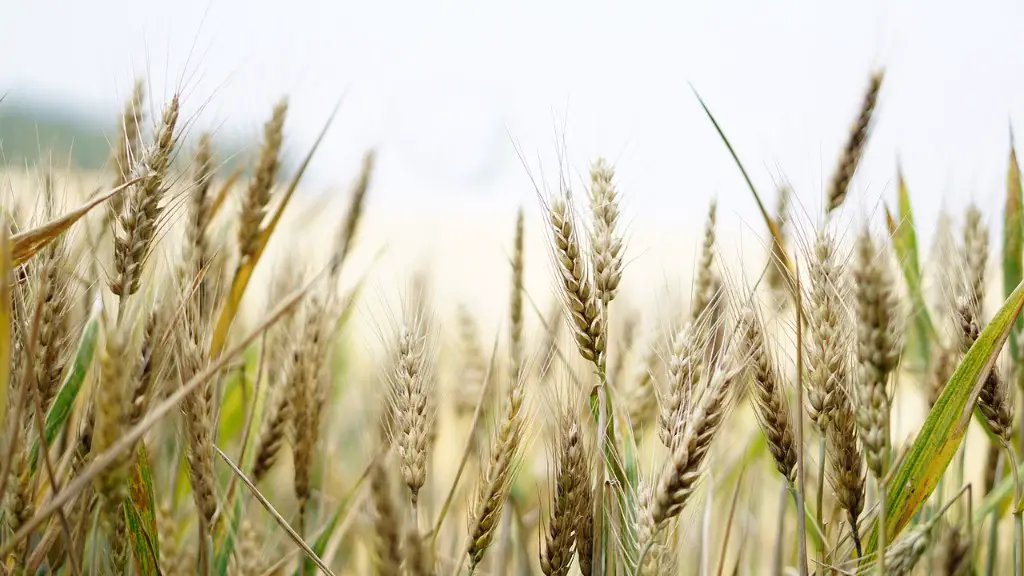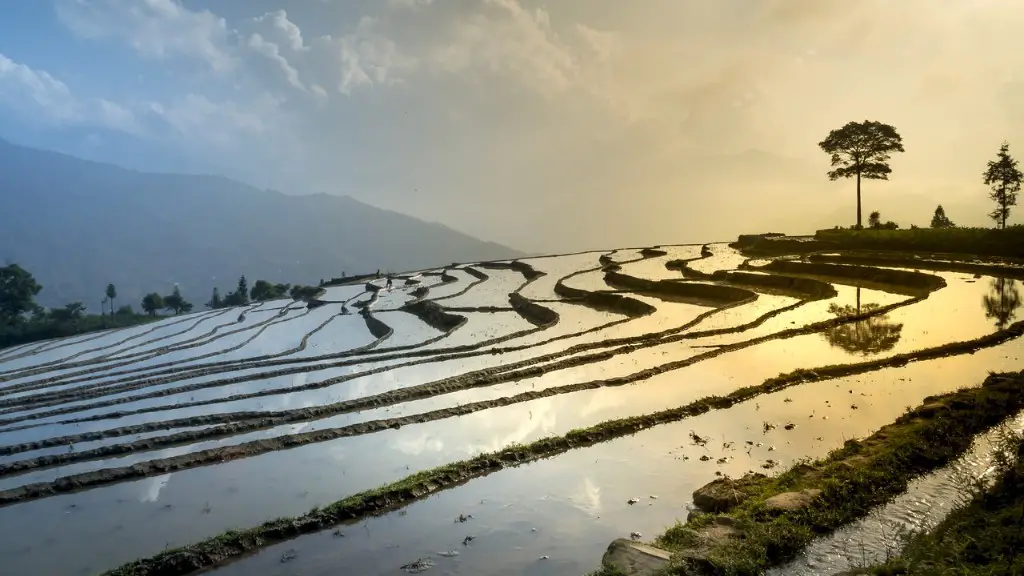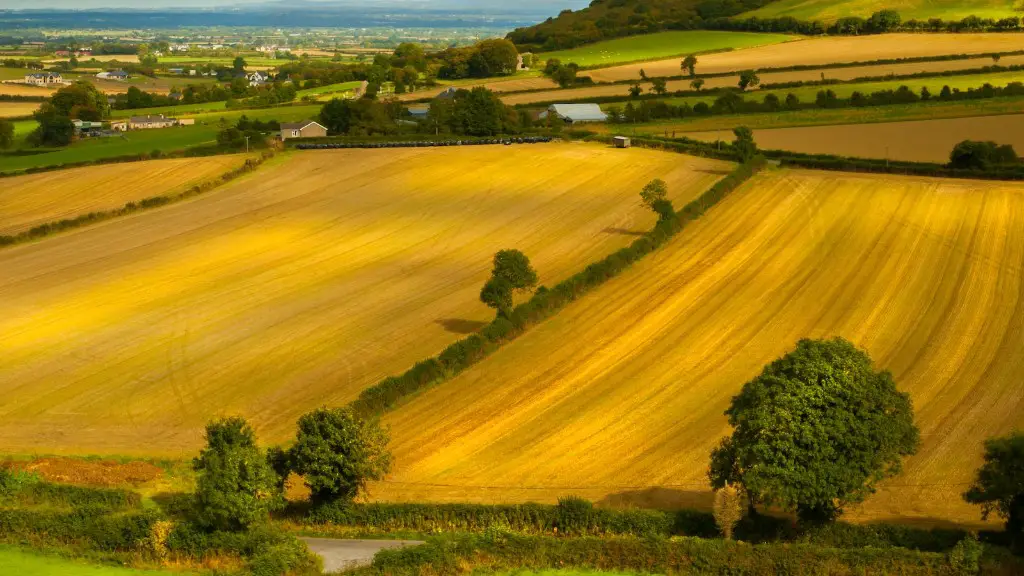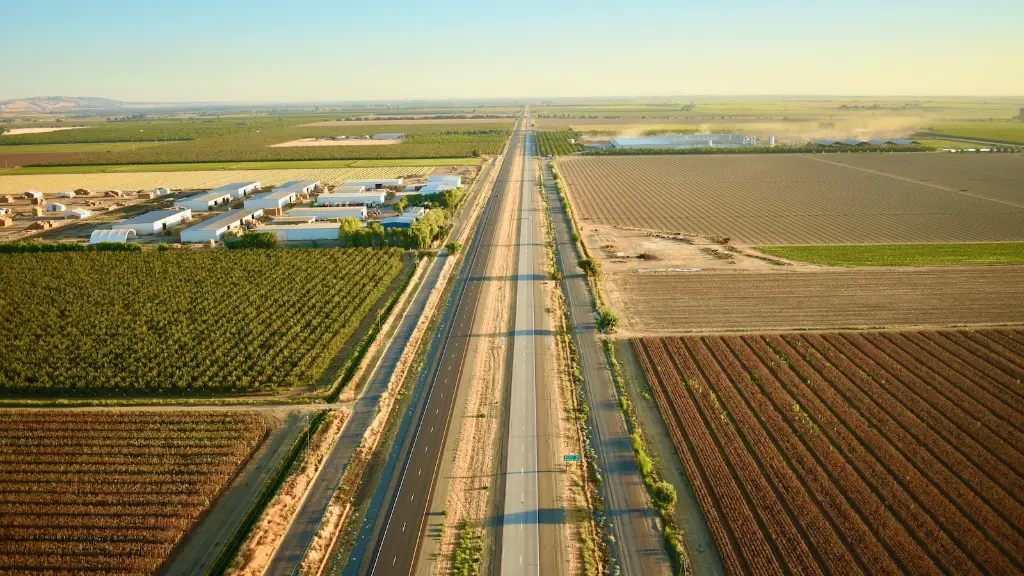Settler agriculture is a type of farming that is defined by the application of European production practices, resources and technology in non-European agricultural environments. In this form of agricultural production, the settlers bring in their own native crops, livestock, farm equipment, and labor practices. This type of farming has had varying degrees of success in different regions, but is most often associated with colonial expansion in the Middle East, North Africa and Latin America.
The aim of settler agriculture is to create an agricultural system that is compatible with European farming systems. This often involves providing access to capital, technology and resources that are not available in the local environment. This can then provide settlers with a steady income and support their cultural practices. Often, the use of European agricultural practices allows for larger yields and more efficient production.
Settler agriculture has had a range of impacts on local populations. It can be seen as a form of colonialism, in that settlers bring with them not just their own production methods, but also their own culture. Settlers have sometimes taken local land, resources and labor for their own use, with little or no compensation for local people. Locals may also face displacement, job loss, and cultural disruption.
At the same time, settler agriculture can also have positive impacts. By providing access to new technologies and resources, it has been credited with increasing crop yields and improving agricultural production. It has also been credited with the introduction of new crops into local markets, and providing better access to international markets. This can in turn lead to increased income and employment opportunities for local communities.
The success of settler agriculture is largely dependent on the local environment. In regions where the soils are fertile, or where there is an adequate water supply and infrastructure, settler agriculture can be highly successful. In other regions, where these conditions do not exist, settler agriculture may be less productive, have negative impacts on local communities, or fail altogether.
Settler Agriculture and the Environment
Settler agriculture has sometimes had a negative impact on local environments. This can include deforestation, soil erosion, and the introduction of non-native species into the environment. This can lead to an overall decline in resources such as water and soil quality, and can also lead to decreases in local biodiversity. Furthermore, the impact of settler agriculture on cultural landscapes and local heritage sites must be considered, as these often have significant archaeological and spiritual value to local communities.
In other cases, settler agriculture has also had positive impacts on the environment. Settlers have sometimes been credited with introducing new technologies and improving land management practices, which has resulted in increased productivity and reduced soil erosion. In some cases, this has even led to restoration of degraded ecosystems. While the impacts of settler agriculture can be both negative and positive, it is important to consider the broader context in order to evaluate the overall impact on the environment.
Settler Agriculture and the Economy
Settler agriculture has been credited with boosting local economies in the countries where it is practiced. By providing access to new and improved technologies, resources, and markets, settlers can help to increase agricultural yields, reduce production costs, and improve farmers’ livelihoods. This can lead to increased economic growth in the region, increased employment opportunities, and improved quality of life.
At the same time, settler agriculture can also create competition for resources and labor, which can lead to wage deflation and worsening work conditions for local populations. Additionally, settler agriculture can lead to increased foreign capital flowing into the region, and this can lead to a loss of local control over resources and markets. Thus, it is important to consider the economic implications of settler agriculture, both for local populations and for the larger regional economy.
Settler Agriculture and Politics
Settler agriculture can also have significant political implications. This can include a loss of control over local resources and markets, as well as the displacement of local communities. Settlers can also bring with them cultural practices that may not be welcomed by local inhabitants, and they may even attempt to impose their own beliefs and values on local populations. As such, settler agriculture can lead to tension, conflict, and ultimately resistance to colonial rule.
At the same time, settler agriculture can also be seen as a form of cultural exchange and mutual learning. Local populations can gain access to new technologies and resources, while settlers can learn about and adapt to local customs and practices. This can ultimately lead to a more peaceful coexistence, and may even help to build bridges between different cultures.
Settler Agriculture and the Future
Settler agriculture has been an important part of many countries’ development in recent years. It has been credited with increasing productivity and generating economic growth, but it has also had negative impacts on local communities and environments. As such, it is important to consider both the positive and negative implications of settler agriculture, and to ensure that any future agricultural efforts are sustainable and respectful of local rights and cultures.
One key factor to consider in the future of settler agriculture is the impact of climate change. As global temperatures rise and weather patterns become more unpredictable, it is likely that settler agriculture will be impacted in many different ways. Changes in precipitation levels, for example, could mean increased costs for irrigation, or reduced crop yields. Likewise, increased temperatures could affect the growth and productivity of crops, or the availability of water for crops and livestock.
As such, it is important to consider the implications of climate change when planning for the future of settler agriculture. It is essential to ensure that agricultural efforts are resilient in the face of changing conditions, and that they are also respectful of local rights and cultures. This will ensure that any future agricultural efforts not only produce the desired results, but also do so in a way that benefits both settler and local communities.



